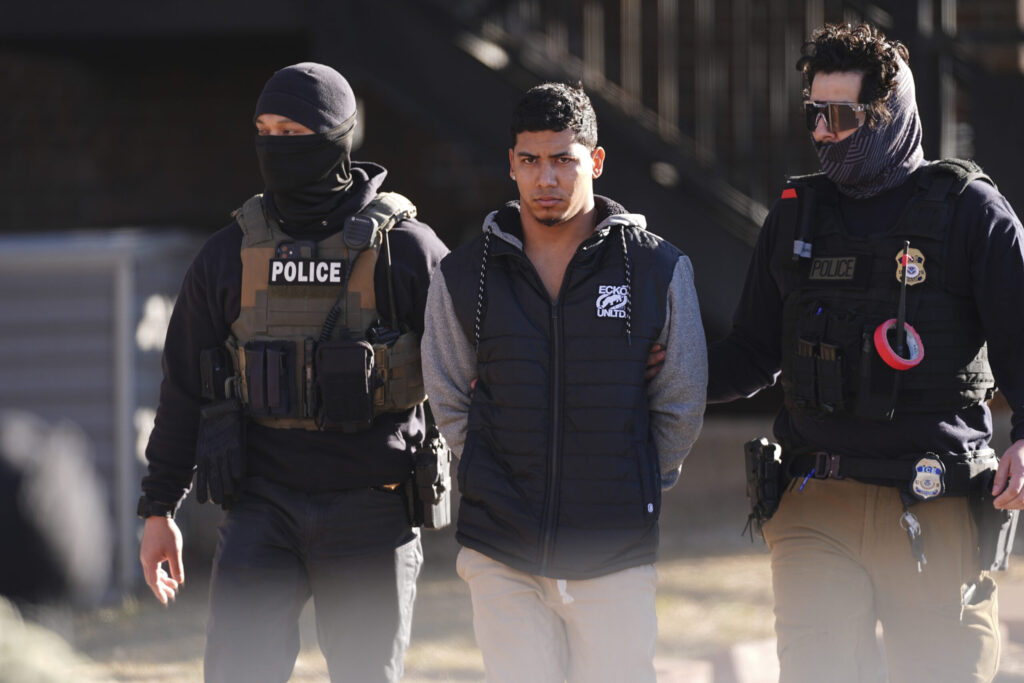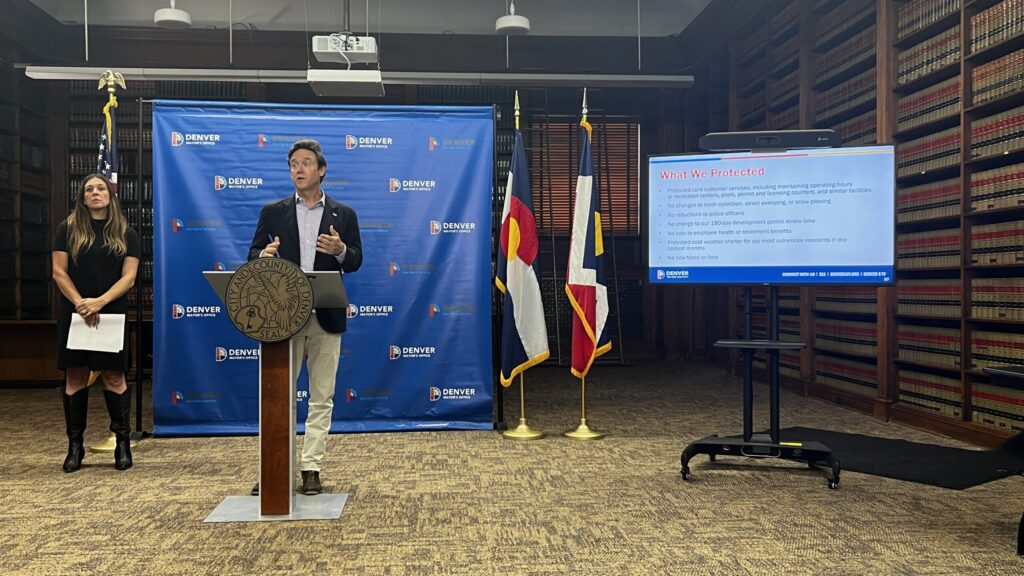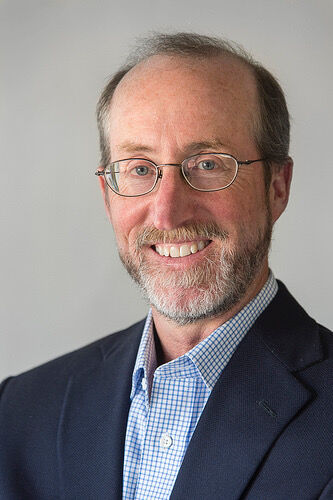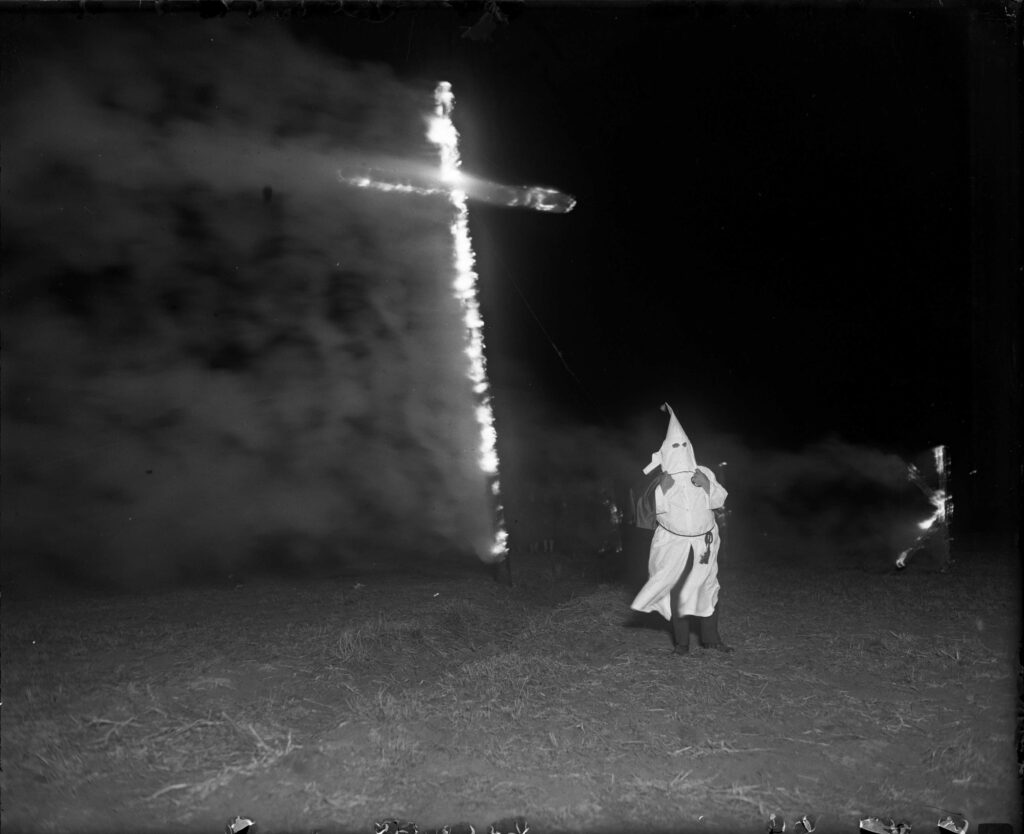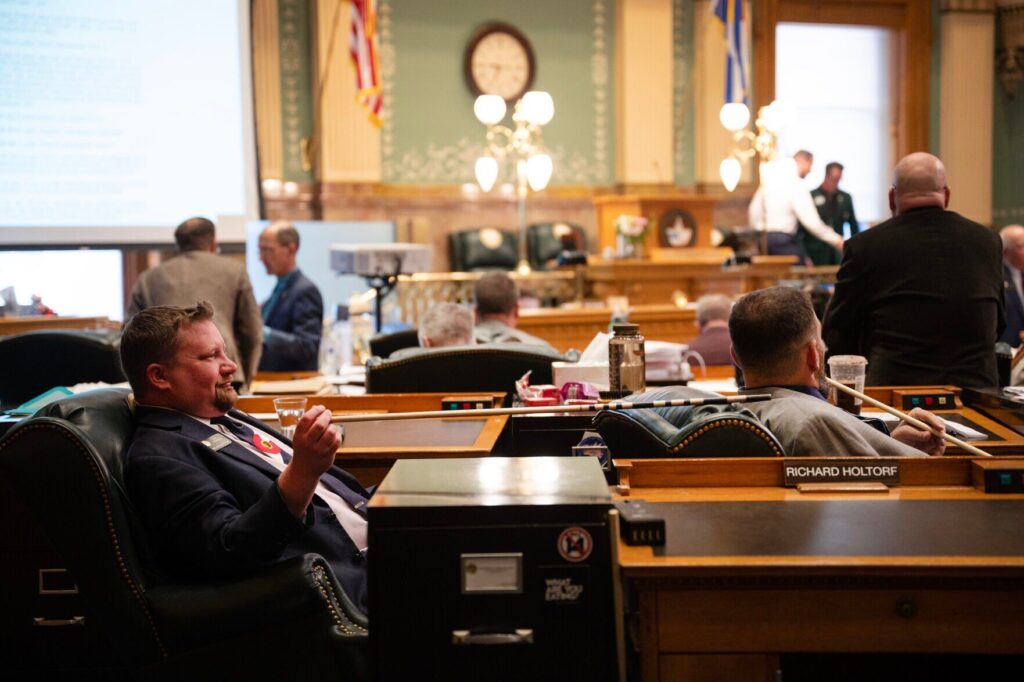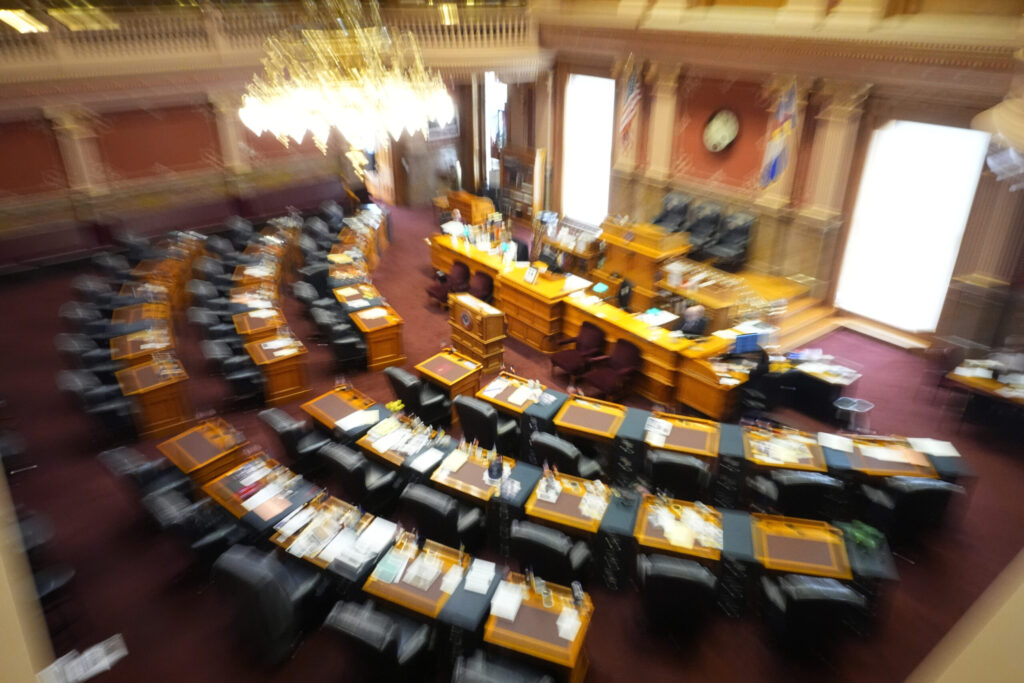? Denver says it’s got election security under control
The integrity of the nation’s voting system has been questioned like never before, led by Republican presidential candidate Donald Trump, but the director of elections in the Denver Elections Division told reporters during a media tour Friday, Oct. 28, that the system can be trusted and is more secure than polling place election systems.
Amber McReynolds said in her 11 years with the elections division, the last five as elections director, there had not been a security issue. In 2007, the division’s website experienced heavier-than-expected traffic on election night, slowing online returns, she noted.
“Actually, I think if there is any vulnerability, it’s when we post results and they’re picked up by news organizations and pretty much anyone else,” McReynolds said. “That’s where outside websites could be hacked and the results might be tampered with. That’s why we also print out the results and post them in the lobby.”
Printed vote tallies are also used if recounts or audits are required after the election, she added.
The current system manufactured by Dominion Voting Systems of Denver, has many more checks and balances to help ensure accuracy compared to polling place systems.
“In the polling place system, we didn’t even verify signatures when someone came to the polling place to vote,” McReynolds said.
“Nobody cares as much about having a fair process as we do,” McReynolds continued. “I’ve invited all the major candidates to come see any time and we’re confident we have a very, very secure process.”
Concerns have also been voiced about possible harassment of voters who go to voting service centers to cast their ballots, but McReynolds said Denver has not had any such issue.
“The judges are all trained to know who is and is not allowed to be there, and there is no electioneering within 1,000 feet,” she added. “Every site has a police officer stationed there, too.”
The division has always consulted with police for every election, McReynolds said, since it is a large, citywide event.
“We had the judges take added security training for things like active shooters and we always work with the Denver Police Department,” she said, with an officer assigned to each of the division’s 26 voter service centers and 26 drop-off boxes.
An outside vendor also reviewed the division’s process and the system has proactive monitoring to alert officials if an attempt is made to illegally enter the system, McReynolds said. Like other elections systems in each Colorado county, Denver’s is not connected to the internet or even the citywide system, she added. Elections officials and judges will have run through five or six rehearsals before Election Day to ensure no snags develop in the process.
Like other counties, Denver compares its voter registration database with several sources, such as the National Death Index from the Centers for Disease Control and Prevention and another from the Colorado Department of Public Health and Environment to try to promptly remove the names of voters who die. Likewise, the database is matched against the U.S. Postal Service’s National Change of Address database to try to prevent voters who move from another state from receiving two ballots.
If that does occur, and the voter returns both ballots, criminal prosecution could result.
“When you sign that envelope, it says this verifies that it is the only ballot you will cast,” McReynolds said, “and that’s an enforceable offense.”
Process focuses on security, anonymity of voters
The tour included demonstrations of how signatures are verified on mail ballot envelopes, how mail ballots are readied for counting to ensure voter anonymity, on-screen adjudication of ballots that aren’t clearly marked and how voter intent is determined.
The signature verification process involves the use of laser scanners to match signatures on ballot envelopes to those on record, such as from a voter’s driver’s license or other similar sources, McReynolds said. Those that do not match are routed to teams of two bipartisan judges to try to find a match from other sources, she added. If a match is not found, a letter is sent to the voter to allow them a chance to provide a signature to match that on the ballot, McReynolds said.
“All the ballots stay in this room, so they’re secure,” she added. “And we urge observers to come in and watch every step of the process,” with windows at secure doors and printed descriptions of what takes place in each room.
Each room is also color coded, with trays matching those colors to help ensure ballots are in their correct step in the process, McReynolds said.
Lists of all election judges – with their party affiliation – are provided to officers in each party and they work in bipartisan teams of two at each station, she noted.
On each computer, the USB ports are disabled, and if someone does plug in a flash drive, that computer will shut down, McReynolds noted.
Elections Division spokesman Alton Dillard said around 700 election judges were hired this year, compared to around 2,000 needed under the previous polling place system. Each is paid between $11 to $18 an hour, with an average of $13 an hour, McReynolds said.
When ballots are moved to another room to be opened, the names are masked on the envelopes and the ballots unfolded and flattened to be counted in still another room. Those that are miss-marked or otherwise rejected by the ballot counting machine are scanned and computer images are observed by bipartisan teams of two election judges, McReynolds said, to try to figure voter intent so the system will count the ballot.
“We have wide aisles in this room so observers can walk through and watch as the judges do their work,” she added. “We want the entire process to be as transparent as possible while protecting the identity of each voter.”
Out of Denver’s approximate 480,000 registered voters, close to 400,000 are considered active voters who voted in the last election, McReynolds said. Denver’s Ballot Trace system – voters who live in the City and County of Denver can sign up and get notices as their returned ballot is processed – has some 130,000 users. That has reduced phone calls to the division, which lets staff process ballots quicker, she noted.




